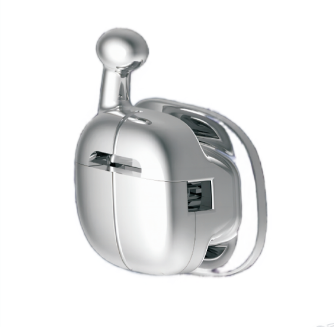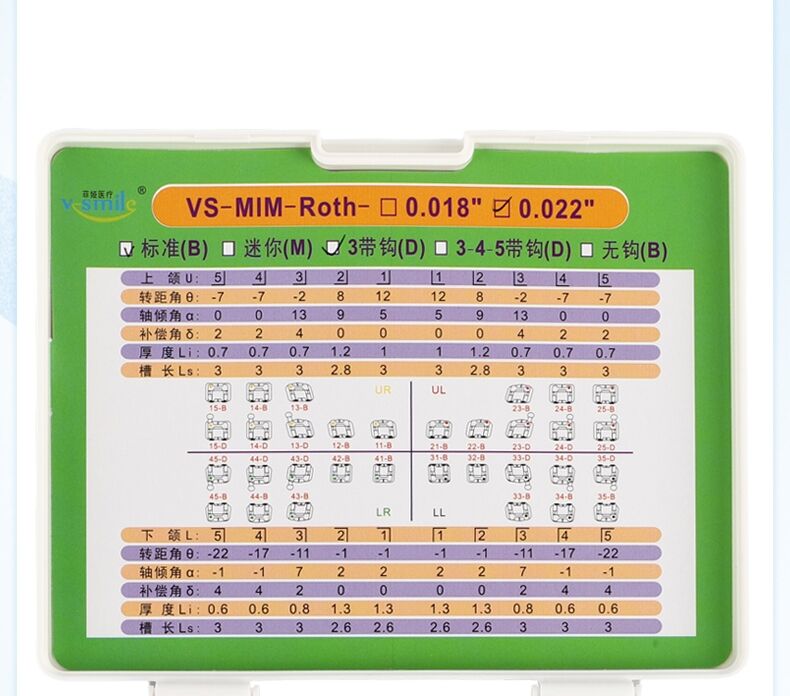koreňový kanál
Koreňový kanál je sofistikovaný zubný zákrok, ktorého cieľom je zachovať silne poškodené alebo infikované zuby odstránením poškodenej pupčiny zvnútra zuba. Táto nevyhnutná liečba zachováva prirodzenú štruktúru zuba, zároveň odstraňuje bolesť a zabraňuje potrebe výberu zuba. Zákrok zahŕňa opatrné čistenie a modelovanie vnútorných komôr zuba pomocou pokročilých endodontických nástrojov a techník. Moderné liečby koreňových kanálov využívajú špičkovú obrazovú technológiu, ako sú digitálne röntgenové snímky a 3D skenovanie, aby sa zabezpečila presná navigácia komplexného systému koreňových kanálov. Zákrok zvyčajne začína podaním lokálnej anestézie, po ktorej sa vytvorí malý prístupový otvor v zube. Následne sa pomocou špecializovaných nástrojov odstráni infikované tkanivo a očistené kanály sa vyplnia biokompatibilným materiálom zvaným gutaperka. Zub sa nakoniec zalepí trvalým zubným plnením a často sa chráni korunkou, aby sa obnovila jeho plná funkčnosť. Táto liečba sa výrazne vyvíjala vďaka technologickému pokroku a dnes ponúka rýchlejšie, pohodlnejšie zákroky s vysoko predvídateľnými výsledkami.


